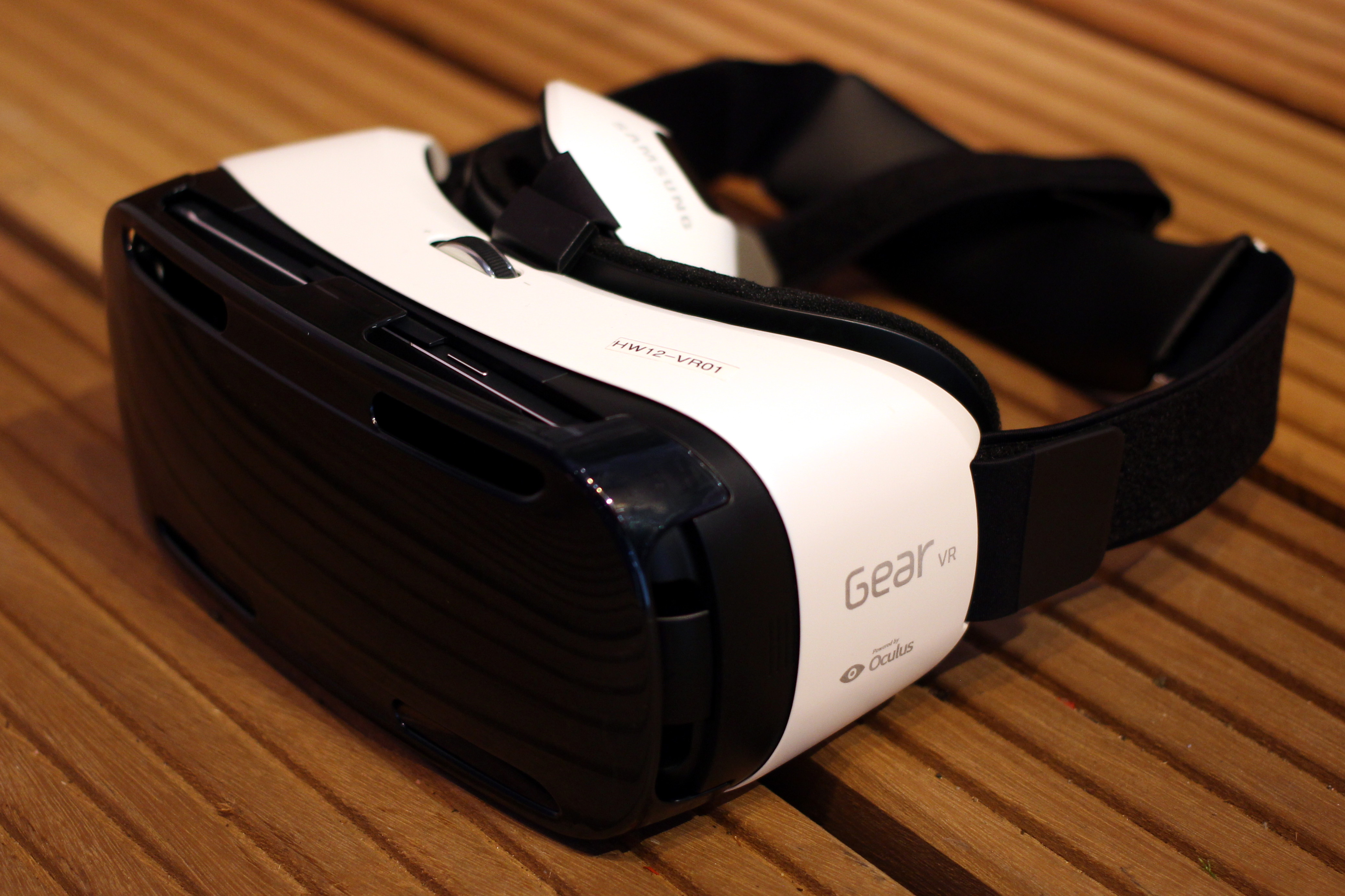From 360 degree tours of services to simulating real life experiences, charities are increasingly turning to virtual reality (VR) and gaming tech to bolster their support.
In the case of the virtual reality tours this is particularly useful for children and vulnerable people to help them better understand potentially daunting healthcare treatment. This can be vital to putting them at ease.
For frontline charity practitioners virtual reality can help understand the potentially traumatic experiences beneficiaries have experienced and hone their skills to support them.
Here we outline some of the innovative ways VR and gaming simulation technology is being used in the charity sector.
Combating anxiety
The Cornwall branch of the National Autistic Society commissioned tech firm Ocean 3D to create virtual reality tours of venues and services to make them more accessible for people with autism and other “hidden conditions”.
This helps limit feelings of anxiety and fear among people with disabilities when visiting places.
This includes a guided tour of Bodmin Keep, Cornwall’s Army Museum as well as West Country Dental Care’s facilities.
Chris Wood, Ocean 3D director says: “VR, with or without a headset, can now be accessed on a smartphone, tablet or desktop, making it an invaluable aid to an almost limitless amount of sectors and roles.
“For many, the ability to journey to a destination plan using real world imagery to explore locations in advance of the journey, in a place they feel comfortable and safe, is absolutely vital to reduce anxieties and build confidence. This person may have autism, dementia, agoraphobia or other hidden conditions or injuries and/or may need to assess whether a mobility device will be suitable for the destination/will fit through entrances.”
The National Autistic Society’s head of campaigns Tom Purser adds: “For some autistic people, unfamiliar places can be really distressing, especially with busy crowds, bright lights and the anxiety of not knowing where things are - like the toilets, a café or a quiet room.
"Virtual reality technology, like that provided by Ocean 3D, can give autistic people the opportunity to experience the layout of a space before visiting it in real life. This means they’ll have more time to process the layout and know where things are before they visit.
Helping war veterans
Another 360 degree virtual tour project Ocean 3D has been involved with is a series of virtual tours of support offered by Turn to Starboard, which offers sailing experiences to armed forced personnel affected by military operations as well as their families.
Virtual tours include a guide to the charity’s offices and the yachts used to help explain support to beneficiaries, who may be impacted by brain injuries, claustrophobia and PTSD.
Training professionals to support abuse victims
Children’s charity the NPSCC has linked up with gamification simulation training provider Attensi to launch an online simulation to help adults working with children to better support young victims of abuse.
Called Talk to Me the aim is to help build up professionals’ confidence to talk to children about challenging issues like abuse.
NSPCC chief executive Peter Wanless said: “For anyone who comes into contact with young people who they fear may have suffered abuse or be at risk, learning how to build their trust is absolutely vital.
“As part of our wider activity aimed at supporting those who work or volunteer with children, we’re delighted to offer our safeguarding research and experience to collaborate with Attensi on ‘Talk to Me’.”
Social enterprise Cornerstone is another to use VR to help in training professionals helping vulnerable children. It uses simulation technology for its training for frontline care professionals. This aims to give professionals a greater understanding of the impact of trauma on young people’s lives.
Supporting ill children needing medical care
Another charity to use 360 degree virtual reality tours to ease fears of beneficiaries is Acorns Children’s Hospice. Before children receive treatment it has created an immersive virtual reality tour of its facilities including the bedrooms they will stay in, medical equipment and gardens. The tour can be taken using a virtual reality headset to add to the immersive experience.
The same ethos of setting children at ease before potentially daunting healthcare has driven Great Ormond Street Hospital to offer a 360 degree tour of its wards. This takes in the hospital’s facilities, including surgical theatres.
Creating a virtual orchestra
The heritage and arts sectors are increasingly turning to digital to help reach a wider audience. Among the most innovate is the creation of a virtual live orchestra by the charity Philharmonia.
This uses immersive installations and screens to simulate the experience of seeing a live orchestra. The aim is to diversify classical music’s audience and make it more accessible.
Charity Times video Q&A: In conversation with Hilda Hayo, CEO of Dementia UK
Charity Times editor, Lauren Weymouth, is joined by Dementia UK CEO, Hilda Hayo to discuss why the charity receives such high workplace satisfaction results, what a positive working culture looks like and the importance of lived experience among staff. The pair talk about challenges facing the charity, the impact felt by the pandemic and how it's striving to overcome obstacles and continue to be a highly impactful organisation for anybody affected by dementia.
Charity Times Awards 2023
Mitigating risk and reducing claims

The cost-of-living crisis is impacting charities in a number of ways, including the risks they take. Endsleigh Insurance’s* senior risk management consultant Scott Crichton joins Charity Times to discuss the ramifications of prioritising certain types of risk over others, the financial implications risk can have if not managed properly, and tips for charities to help manage those risks.
* Coming soon… Howden, the new name for Endsleigh.
* Coming soon… Howden, the new name for Endsleigh.
Better Society

© 2021 Perspective Publishing Privacy & Cookies











Recent Stories